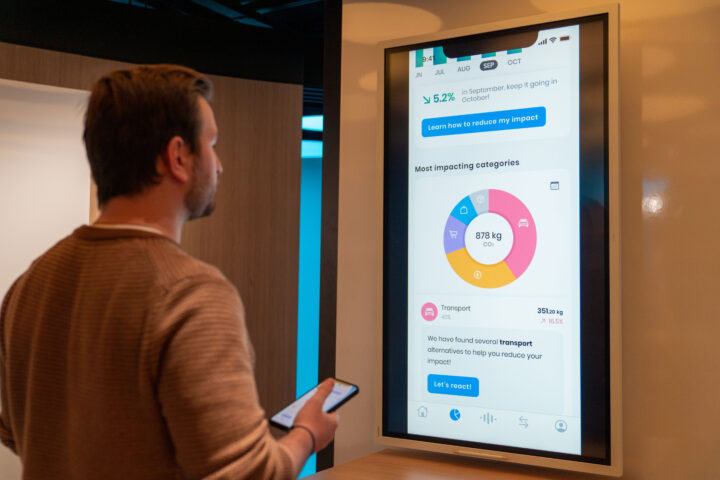Worldline, has reported a net loss of €4.2 billion for the first half of 2025. The loss stems from a substantial €4.1 billion impairment on goodwill, a move that underscores the company’s reassessment of prior acquisitions and the underperformance of its Merchant Services division.
At the centre of the impairment is Worldline’s Merchant Services unit. Once positioned as a growth engine, the division is now facing structural and operational challenges. Past acquisitions in Germany and other fragmented markets have not delivered the synergies projected. The company has encountered merchant attrition, issues with terminal performance, and the need to offboard high-risk clients amid heightened regulatory scrutiny.
While the impairment is non-cash in nature, it marks a significant recalibration of Worldline’s balance sheet. Equity now stands at just €4.9 billion, and the group’s leverage has increased. Margins are also under pressure: adjusted EBITDA margin dropped from 22.5% to 18.2% year-on-year. Free cash flow for the half-year was just €40 million, down more than 50%.
Alongside the results, Worldline announced significant leadership changes. Chief Financial Officer Grégoire de Lestapis will depart, following earlier exits by senior executives including strategy lead Marc-Henri Desportes. The firm has also begun reshaping its business portfolio, starting with the planned divestment of its Mobility & e-Transactional Services (MeTS) division, with proceeds expected up to €410 million.
An external audit of its merchant portfolio, initiated after regulatory interest and media reporting on compliance shortcomings, is ongoing. The company has stated that preliminary findings indicate no material requirement for further offboarding beyond what has occurred since 2023.
Worldline maintained its 2025 guidance but now expects performance at the low end of the previously stated range. Organic revenue is projected to decline slightly, with EBITDA forecast at €825–875 million. While the company remains committed to its Power24 cost-saving programme, investor expectations for meaningful free cash flow in 2025 remain muted.
Competitors such as Adyen and Stripe may see opportunity in Worldline’s current position. With reputational uncertainty clouding Worldline’s once-ambitious expansion strategy, rivals are well placed to win business and talent in key European markets.
The first-half results reflect more than a technical adjustment. They signal a broader strategic inflection point. Whether Worldline can deliver on its reset vision will depend on execution, transparency, and the market’s appetite to believe in the promised recovery. Investors and stakeholders alike will be watching closely in the lead-up to November 2025.




